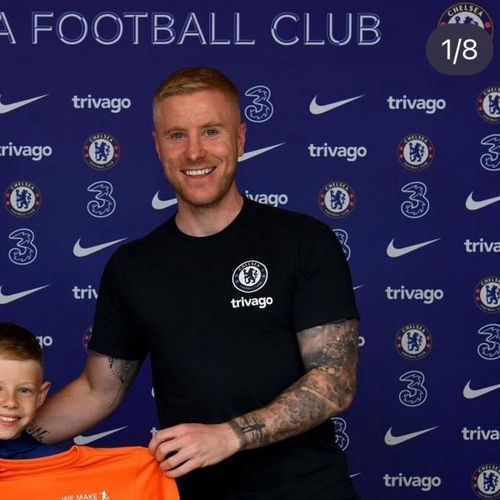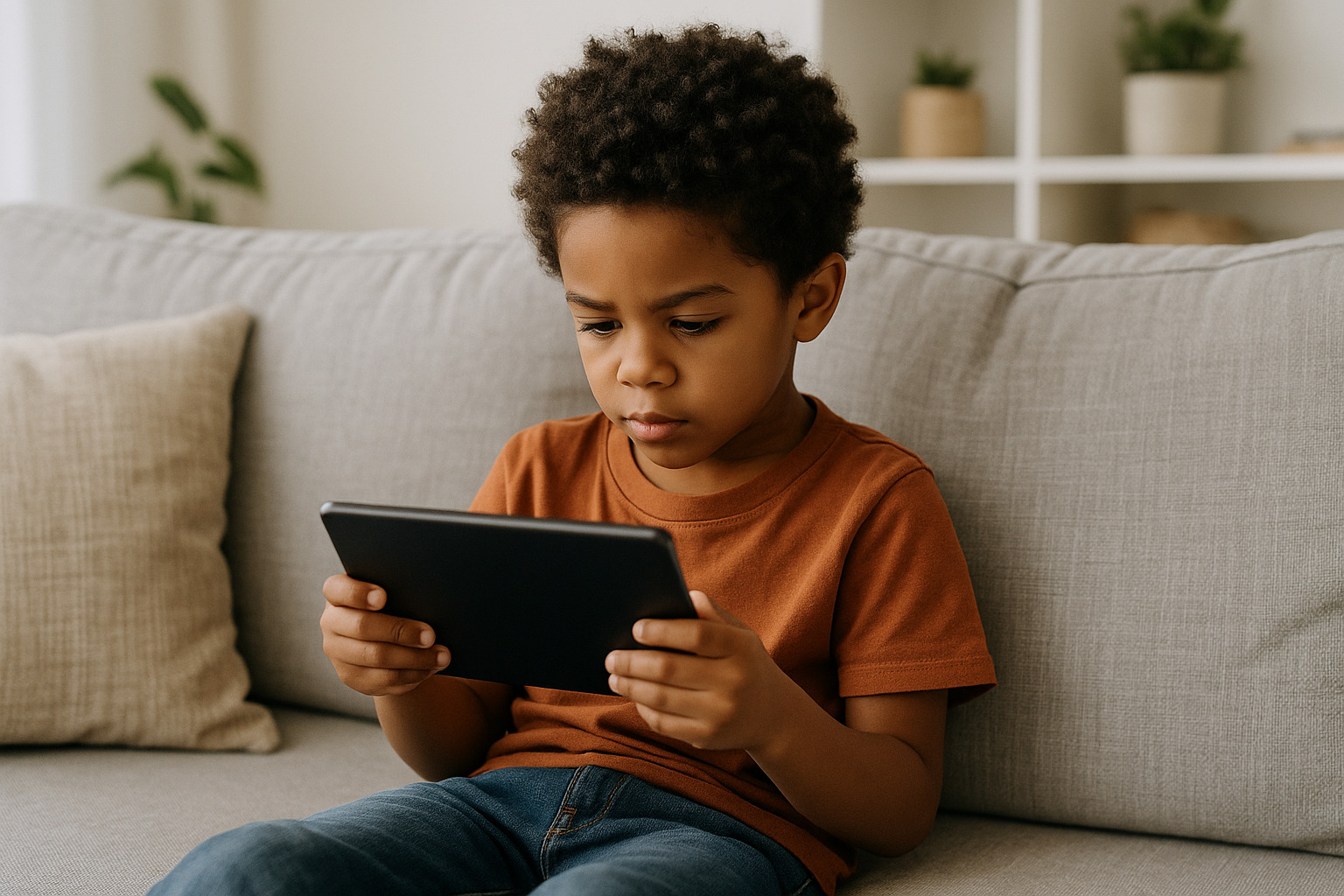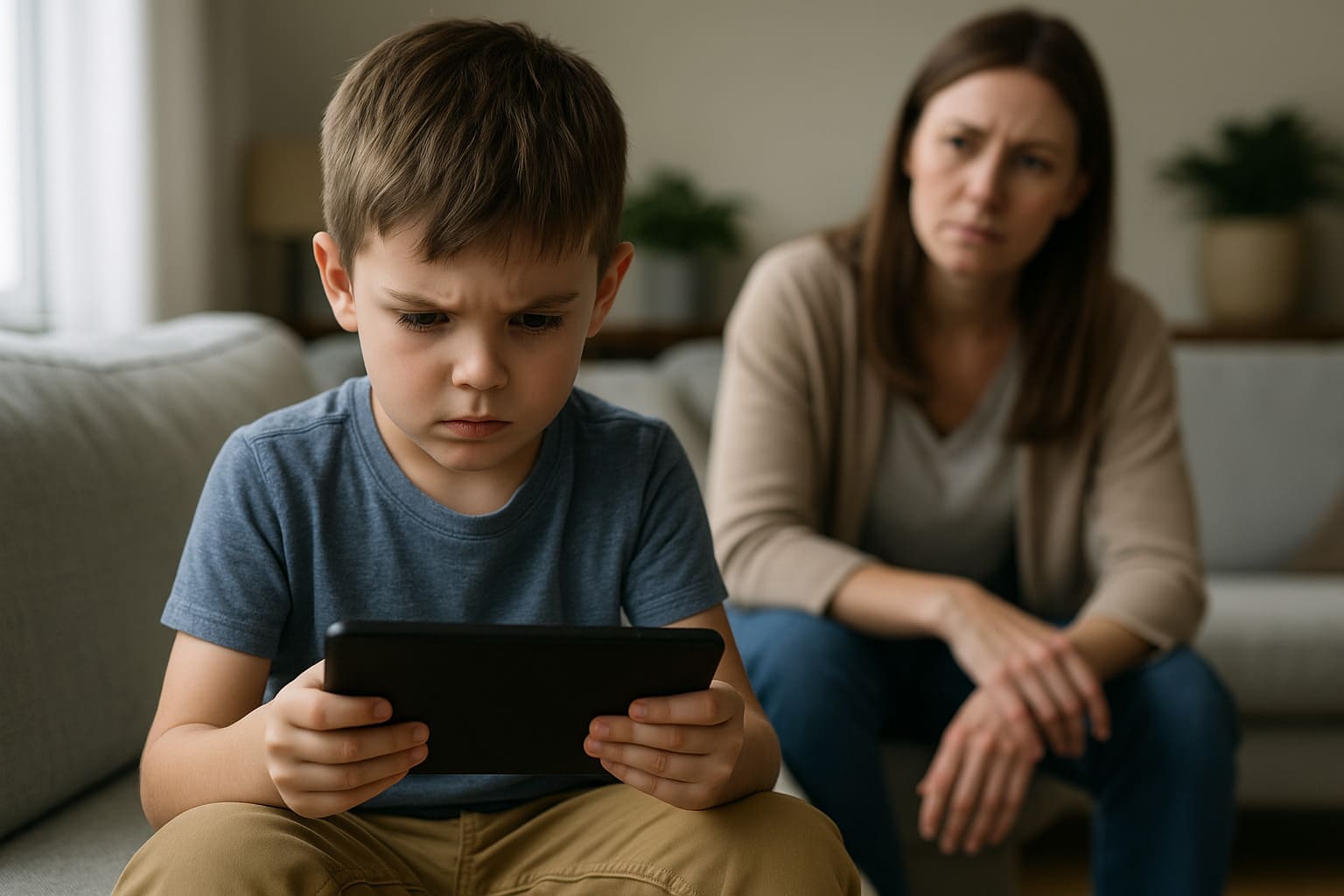

Let’s be honest—you’ve probably asked yourself this question (yes, probably more than once) when your kiddo’s eyeballs are glued to their iPad and your living room looks like a low-key tech convention. The chatter about screen time and child development hasn’t exactly died down. Parents, teachers, even that one aunt who never texts back—everyone seems to have an opinion. But underneath all the talk, there’s a real worry: what if all this scrolling, swiping, and YouTubing is actually shaping our kids in ways we never signed up for? Sure, devices are everywhere now. And honestly, balancing busy workdays, after-school chaos, and keeping your little humans entertained? Sometimes handing over the tablet feels like the only way to get through dinner. But is it harmless? Or are we missing something bigger about how all those digital moments add up? Let me explain what science and pediatricians say.
Screens do more than just keep kids quiet while you respond to emails or prep dinner. They can touch nearly every corner of a child’s growth—from nighttime routines to playground friendships. While there’s no giant alarm bell, small changes can sneak up when devices start to dominate. Let’s look at a few key areas:
Here’s the thing: kids and sleep can be a struggle on the best days. Add screens into the mix, and quality rest can take a nosedive. All that bright blue light from tablets, phones, and TVs? It’s not just hard on the eyes—it messes with melatonin, the ‘sleepy’ hormone. This usually means bedtime can drag out, and kids might not fall asleep as easily or get as much deep rest as they should. Less sleep? Well, we all know that leads to more crankiness, tougher mornings, and sometimes, even struggling at school. Sometimes it feels like a catch-22: screens calm kids before bed, but then sleep suffers.
Now, here’s where things get a bit tricky. You might read one study saying screens ruin social skills; the next says video chats and co-op games help kids connect. The truth? It depends. Scrolling mindlessly through videos or playing solo for hours isn’t great for learning teamwork or how to read feelings. But on the flip side, creative games and messaging can bring friends together—especially for kids who need a little help getting started socially. Not all screen time is created equal, and a five-minute voice message to Grandma? That’s miles better than endless streams of silly clips.
Ever tried to pry a tablet away so your child can go outside, only to hear a dramatic sigh, “But I’m almost done!”? Screens tend to keep kids still, when really, their bodies are designed to move. That’s not just about stretching little legs; regular exercise supports healthy brains, happier moods, and better focus. It’s not about banning screens altogether—more like making sure they aren’t squeezing out soccer practice, bike rides, or just running wild in the park. (Honestly, who doesn’t love muddy shoes and grass stains once in a while?)

You know what? There’s no magic number stamped on every child’s forehead. But both the American Academy of Pediatrics (AAP) and the World Health Organization (WHO) agree: for kids under 18 months, it’s best to skip screens altogether, except for a bit of video chatting with family. For toddlers, short and sweet is better—with grownups joining in. Think of it as “co-viewing,” not “go occupy yourself while I scroll on my phone too.” Preschoolers? Maybe up to an hour of high-quality shows or apps. But real talk: every family’s different. Trust your judgment and, when in doubt, check with your pediatrician.
Okay, so you’ve decided you want to cut back or at least keep tabs on screen use. Where do you start? Here are a handful of ways real parents keep things steady—without turning into the Phone Police (no one wants that job):
Kids crave structure, even if they roll their eyes. Make screen limits clear—maybe weekdays are for homework and weekends are for cartoons, or set an actual timer. Rules work best when everyone’s on board and you stick to them (yes, easier said than done).
All screens aren’t equal. Some shows or games teach real stuff—like numbers, letters, or teamwork. Pick programs you’d want to watch with your child, and make a point to join them sometimes. Trust me, you’ll be surprised what you both learn from a good old-fashioned nature documentary.
Here’s where balancing things matters most. If Minecraft starts edging out soccer in the park or birthday parties, it’s time to nudge things back. Encourage activities that don’t need a plug socket—reading, drawing, and sports all count. A weekly soccer class? That’s not just exercise, it’s learning to play fair, make friends, and shake off a losing streak.
Sometimes, you need backup. Parental controls can block sketchy content and keep tabs on what your kids see and do online. Almost every device comes with built-in settings—you don’t even need a tech degree to set them up.
Make it a house rule: screens go ‘night-night’ before your kids do. Same goes for mealtimes and family hangouts. Devices tucked away means everyone chats more, chews slower, and maybe (just maybe) actually enjoys those green veggies.
Raising happy kids isn’t just about policing devices. Think big picture—sleep, outdoor play, balanced meals, and giving kids time to be still, bored, or plain silly. Family bike rides or afternoon walks are as important as setting a daily screen limit.
All this talk about screen time and movement—why not use it as a springboard? If your child could use more offline fun, soccer is a brilliant pick. (Yes, we’re biased. But have you seen the way a bunch of six-year-olds chase a ball? Pure joy.)
Look for a program that welcomes every skill level and prizes fun over fierce competition. The best camps have friendly coaches who help every kid—shy, chatty, or anywhere in between—feel included. With locations throughout the USA, We Make Footballers offers convenient access to structured programs in safe, professional environments.
Soccer camps aren’t just about teaching tricks—they’re safe spaces to run wild, build friendships, and burn off that extra energy. Kids develop perseverance, teamwork, and confidence away from screens. At We Make Footballers, camps are designed for all levels, offering fun, fitness, and a chance to belong—whether your child dreams of pro soccer or just wants a new way to play. Balance might feel tricky, but with a few gentle tweaks, your child can enjoy both tech and real-life adventures—without missing a beat.